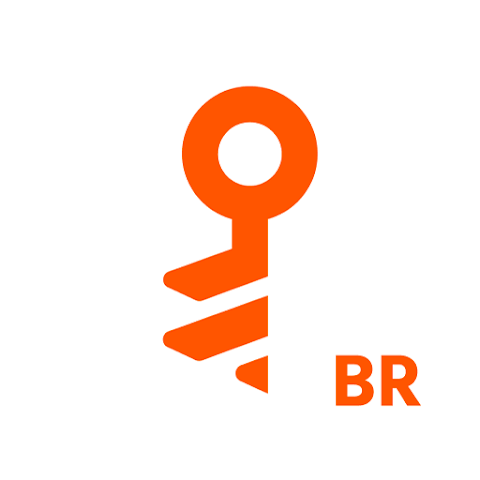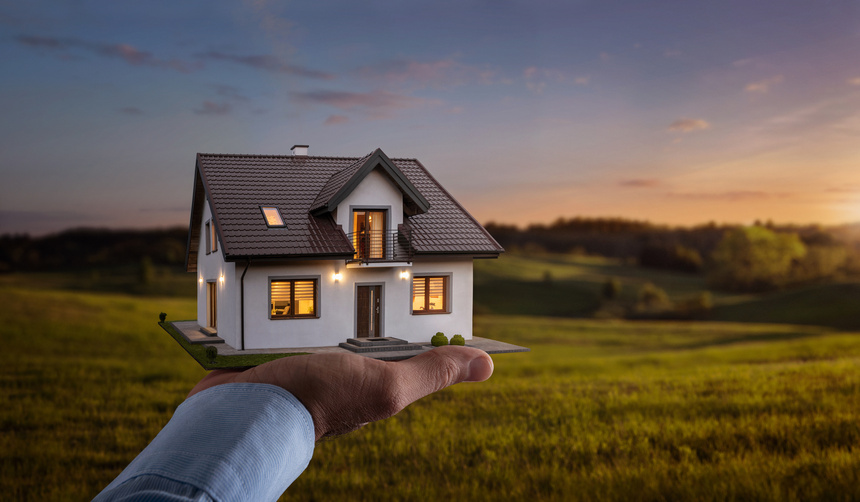Buying and Selling
Renting or Buying a House: Which is the Best Choice for You?
Is the dream of owning your own home a good idea or a decades-long debt? Renting is flexible, but is it money wasted? Compare the advantages here and make the best decision for your pocket!
Advertisement
Decide Smartly and Avoid Regrets!
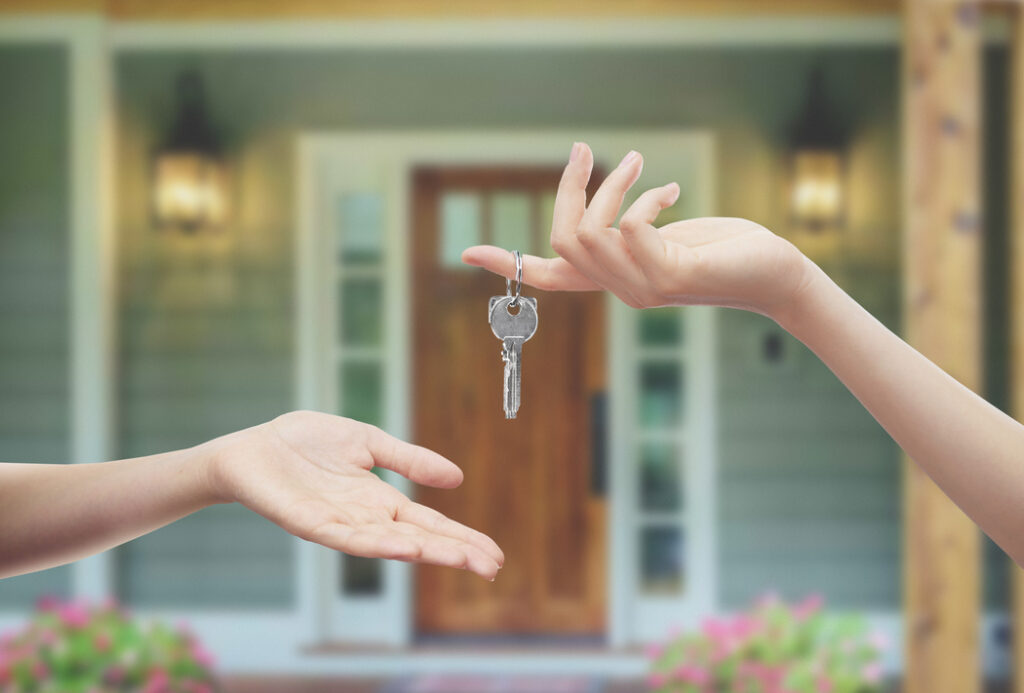
Making the decision between rent or buy a house is one of the biggest financial dilemmas that many people face. After all, both paths have advantages and challenges that can directly impact quality of life and financial stability.
On the one hand, owning a home represents security, wealth and the realization of a dream for many. However, it requires a high initial investment and can limit your mobility.
On the other hand, renting offers more flexibility and less financial commitment, but does not build long-term equity.
But which option is best for you? The answer depends on factors such as your life goals, your financial situation, and the housing market. So in this article, we’ll explore the pros and cons of each choice to help you make an informed, strategic decision.
The Dream of Owning Your Own Home: Reality or Trap?
For decades, Brazilian culture has reinforced the idea that owning a home is a sign of success and stability. Many people grow up hearing that paying rent is “money thrown away” and that the best way to do this is to finance a property as soon as possible.
However, this view can be simplistic and even harmful. Buying a property without planning can result in decades of debt, high interest rates and even difficulties in dealing with financial contingencies.
Furthermore, mobility is a crucial factor. The job market is increasingly dynamic and, for many professionals, the flexibility to move to another city or even another country can be essential for career growth. Therefore, being tied to a property can be a disadvantage.
Therefore, before making a final decision, it is essential to consider not only the emotional desire to own a home, but also the financial and lifestyle impacts that this choice may bring.
Renting: Freedom or Waste of Money?
Renting may seem like a waste of money to some people, but that may not always be the case. Depending on your financial situation and goals, renting may be a better option than buying.
Advantages of Renting
- Fewer upfront financial commitments
When purchasing a property, the buyer needs to pay a significant amount as a down payment, in addition to dealing with deed costs, taxes and notary fees.
When renting, the initial costs are much lower: normally, all that is required is a security deposit, a guarantor or the purchase of a surety bond.
- Flexibility for change
If you work in a field that requires mobility, are looking to move to another city, or simply like to try out different neighborhoods before settling down, renting gives you that freedom.
The tenant is not tied to a long-term commitment and can easily move out at the end of the contract or even earlier if they negotiate an amicable termination.
- Fewer fixed costs and unexpected expenses
Renting can mean less worrying about extra expenses. In many cases, costs such as property taxes, structural repairs, and maintenance are the responsibility of the landlord.
If there is a problem with the plumbing or roof, for example, most of the time it is the property owner who must resolve the situation.
- Possibility of investing the deposit money
The amount that would be used for the down payment on a property can be invested in financial applications that offer a potentially greater return than the appreciation of a property.
If the money is invested in a low-risk investment with good returns, capital growth can outpace property appreciation in many cases.
Disadvantages of Renting
- Price increases and annual adjustments
Unlike a financing installment, which can have a fixed value for years, rent is subject to annual adjustments, normally based on the General Market Price Index (IGP-M) or direct negotiations with the owner.
Depending on inflation and local appreciation, rent can rise considerably over the years, making it less predictable than a fixed installment on a mortgage.
- Lack of stability and control over the property
Renting means you are dependent on your landlord’s decisions. If they decide to sell the property, not renew the lease, or need the property for their own use, you may be forced to move unexpectedly.
This can be a problem for families looking for stability or for people who like to personalize their home.
- No building of assets
The money paid monthly in rent is not returned to the tenant. Unlike a financing installment, which at the end of the contract results in the definitive ownership of the property, rent represents an ongoing expense without a tangible asset at the end of the period.
- Limitations to personalizing space
In most rental contracts, structural changes to the property are prohibited or require authorization from the owner, which means that renovations, changes to the paintwork or installation of certain items may be difficult.
For those who like to make the space their own, this can be a negative point.
Buy: Investment or Decade-Long Debt?
Buying a property can be seen as a long-term investment, as it allows you to build up equity. However, this decision also brings financial challenges that need to be carefully considered.
Advantages of Buying
- Own assets and property appreciation
Owning a property means building a wealth that can be passed on to future generations. Furthermore, depending on the location and the real estate market, the property can appreciate in value over the years, guaranteeing a financial return in the future.
- Security and stability
Unlike renting, where the tenant may be forced to move if the landlord decides to sell or raise the rent, owning a property offers the peace of mind of knowing that the space belongs to you. This is especially important for families who want a fixed and predictable home.
- Freedom to customize the space
When renting a property, renovations and modifications are often limited by the landlord's rules.
Once you have your own home, you can paint, renovate, build or modify the rooms according to your needs and preferences, without needing authorization.
- Possibility of income generation
If you no longer wish to live in the property, you can rent it out and turn it into a source of passive income.
In valued areas, renting can be an excellent way to obtain a financial return on investment.
Disadvantages of Buying
- High initial cost and bureaucracy
Buying a property requires a significant initial investment, which includes the down payment (usually between 20% and 30% of the property value), as well as notary fees, deed, ITBI (Real Estate Transfer Tax) and brokerage fees.
Depending on the property and location, these costs can add up to tens of thousands of reais.
- Commitment to long-term financing
Most people do not have the money to buy a property outright and resort to financing. However, this choice can be a big challenge, as the interest rates mean that the final amount paid is much higher than the original price of the property.
For example, a 30-year loan can make a R$1,500,000 property cost more than R$1,000,000 at the end of the installments.
- Less flexibility for changes
If you need to move to another city for work or any other reason, selling a property can be a bureaucratic and time-consuming process.
Depending on the real estate market, it can take months or even years to find a buyer willing to pay a fair price. Additionally, if the property is financed, it may be difficult to transfer the debt.
- Extra costs and constant maintenance
Owning your own property means dealing with expenses that don't exist when renting, such as property tax, condominium fees (if it's an apartment), renovations, electrical and plumbing maintenance, painting and possible structural unforeseen issues.
What is Best for Your Life Stage?
The choice between renting or buying a house depends on several factors. To help you make this decision, consider the following points:
- Your financial reserve: Do you have enough money to make a down payment without compromising your financial security?
- Stability of your income: Can you afford long-term financing payments without compromising other needs?
- Life plan: Do you intend to live in the same city for many years or do you value flexibility to move?
- Investment objectives: Would you rather build equity in a property or invest the money in another way?
Practical simulation: if you buy a property for R$1,500,000 and pay a down payment of R$1,00,000, the remaining R$4,00,000 could generate high installments for decades.
Now, if you choose to rent R$2,500 per month and invest R$100,000 with a return of 1% per month, your assets can grow significantly.
When is it more worthwhile to rent and when is it more worthwhile to buy?
There is no single answer, but some situations may indicate the best choice:
When is it more worthwhile to rent:
- You are planning to move to another city or country soon.
- Your budget does not yet allow for secure financing.
- You want to invest your money more profitably.
When is it most worth buying:
- You seek stability and have no intention of moving.
- Your income is stable and allows for comfortable financing.
- You want to build solid long-term wealth.
Each choice has its advantages and disadvantages. The most important thing is to align the decision with your financial reality and your life goals. And, to do a search, click on the following link and access ImovelWeb to find both houses to rent and to buy.
Conclusion
The decision between rent or buy a property It depends on several factors, such as your financial stability, future plans and investment profile. If you are looking for flexibility, less bureaucracy and reduced initial costs, renting may be the best option.
For those who want to build wealth, have more long-term security and personalize the space, purchasing may be more advantageous.
In the end, there is no single answer—the most important thing is to analyze where you are in life and make a choice that aligns with your goals.
And if you decide to buy, do you know what you should check before closing the deal? Avoid unpleasant surprises and check out our next article: What to Check Before Buying a House?
Trending Topics
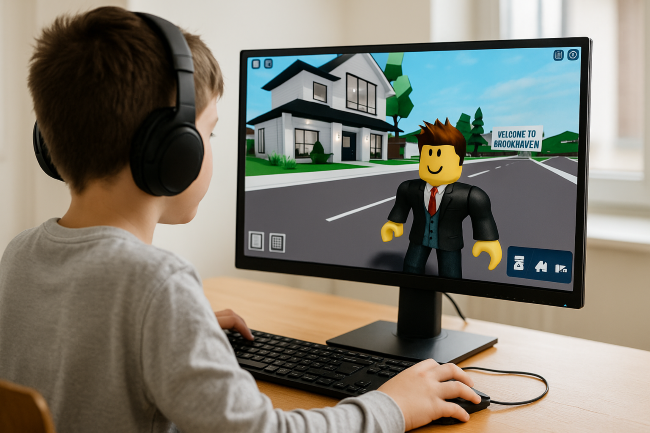
How to improve at Roblox: strategies to earn Robux and progress quickly!
Discover how to improve at Roblox with tricks, tips, and secrets to progress quickly and get the most out of the game.
Keep Reading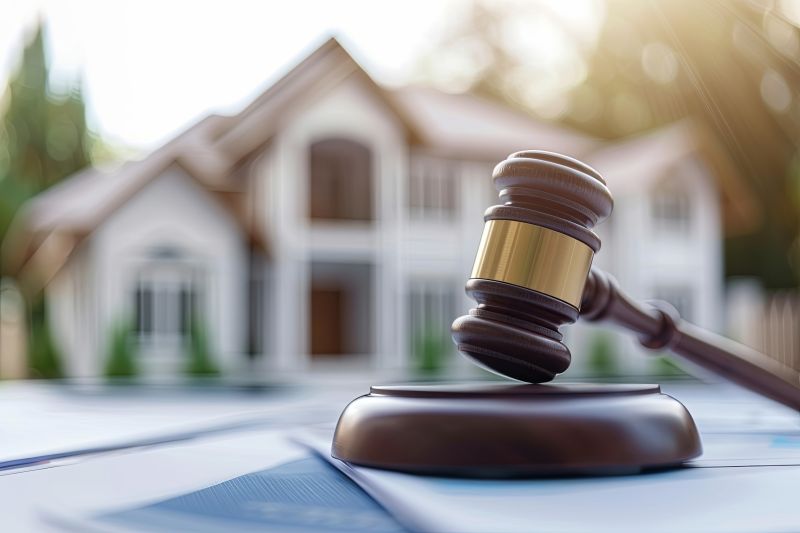
Discover how to buy properties at auction and make an excellent deal.
Not sure if participating in a real estate auction is a good choice? Discover the benefits and best strategies for making a great deal.
Keep Reading
Complete guide: how to rent the ideal house on Booking.com!
Want to rent a house on Booking.com with ease and security? Check out our tips and find the perfect option for your stay!
Keep ReadingYou may also like
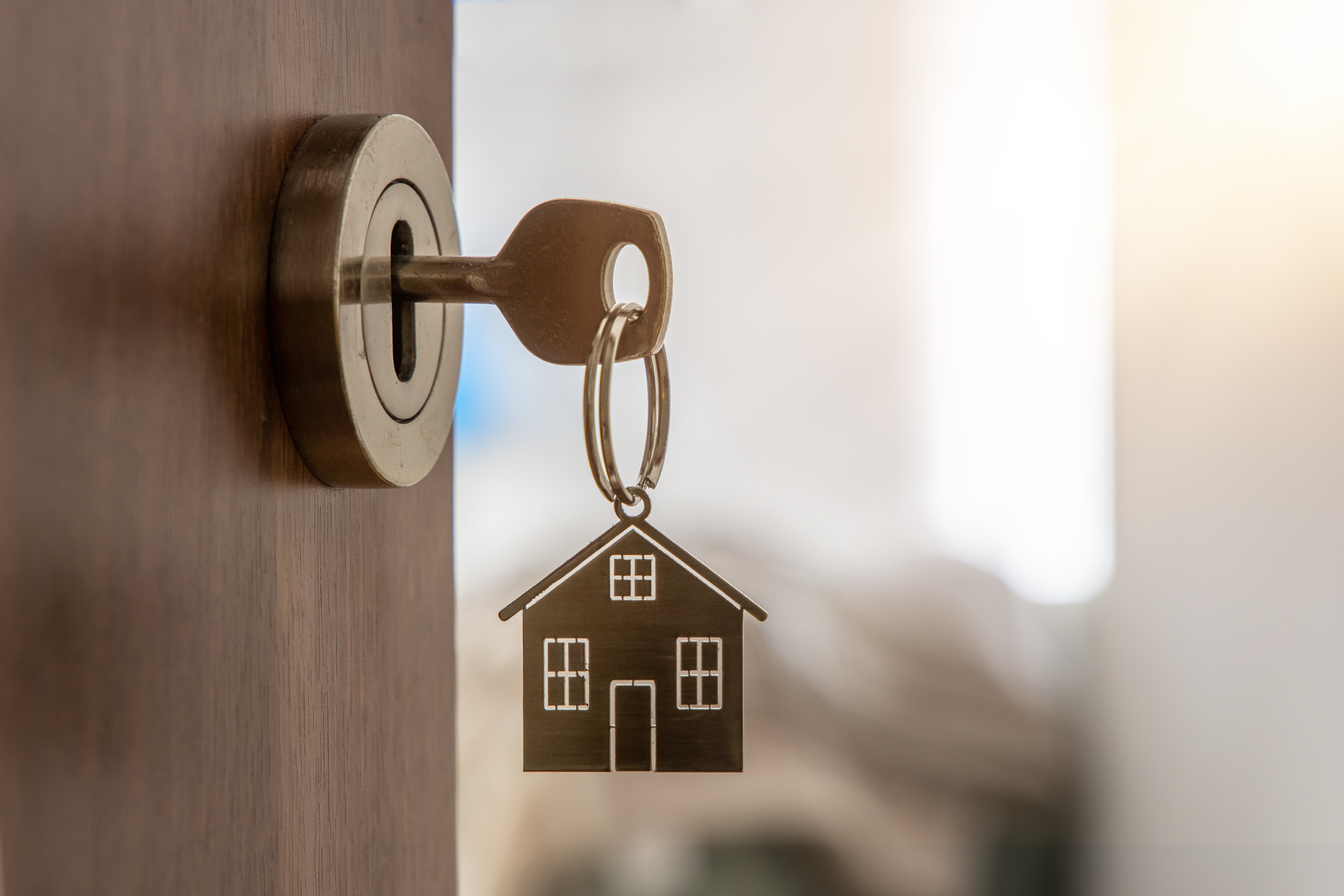
Checklist: What to Check Before Buying a Home
Buying a house requires planning! Understand what to check before buying a house, from the structure to the documentation! Don't miss out.
Keep Reading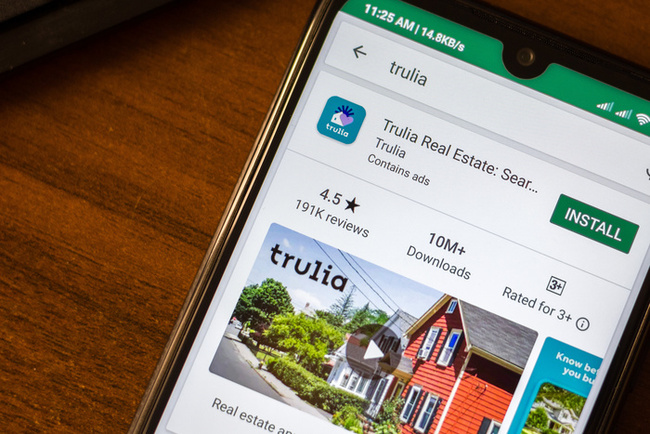
The Best Value! Find Amazing Affordable Home Rentals on Trulia
Find your ideal home on Trulia! Compare properties, explore neighborhoods, and find the best home for you using this platform!
Keep Reading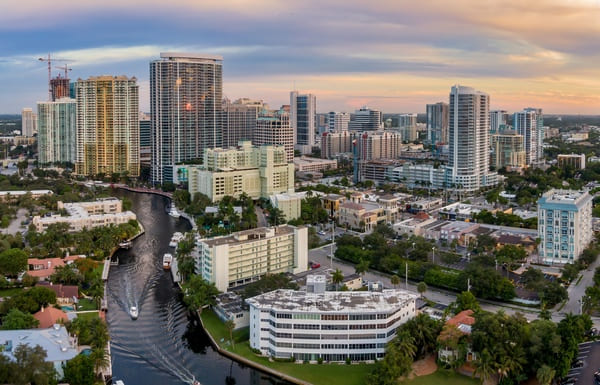
Staying in urban areas: Accommodation in the heart of the city.
Find out how to choose accommodation in urban areas and enjoy your stay with comfort, convenience and savings. Check out the best tips!
Keep Reading